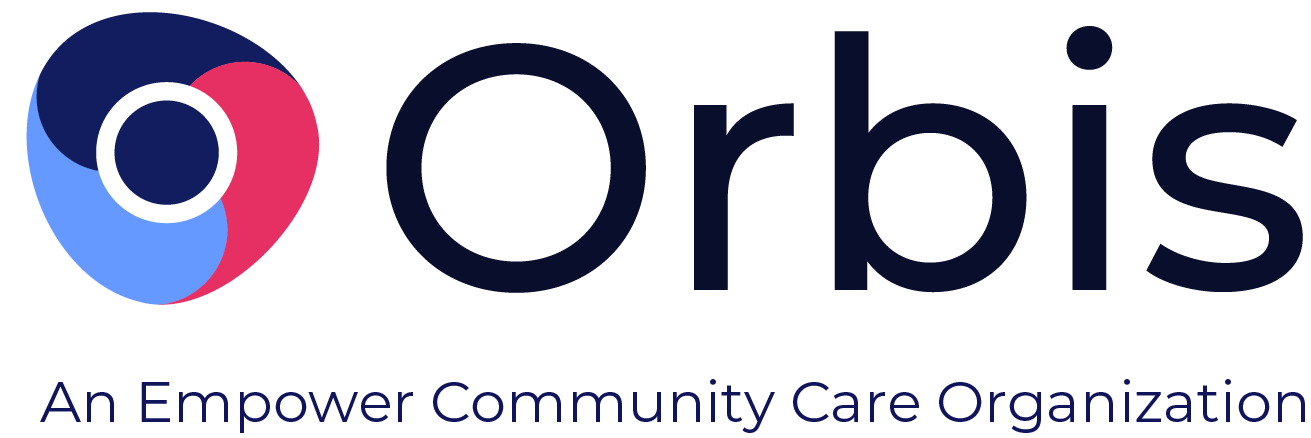Motivational Interviewing (MI) helps people to connect with their own desires, needs, abilities, and reasons for change and make commitments and take steps to actualize positive behavioral change. This approach uses a client-centered, empathetic style that considers how difficult change can often be. In this method, a professional will work directly with a client to evoke dialogue that identifies the disadvantages of current behavior and elicits commitment to change.
Two common obstacles to practicing MI that practitioners struggle with include confrontation (arguing, threatening) and persuasion (teaching, giving unsolicited advice), which have been shown to decrease motivation, compliance, and the likelihood of change. Psychologists William R. Miller and Stephen Rollnick introduced Motivational Interviewing in 1983, stating:
“The more you try to insert information and advice into others, the more they tend to back off and resist. This was the original insight that generated our search for a more satisfying and effective approach. Put simply, this involves coming alongside the person and helping them to say why and how they might change for themselves.”
Encouraging Behavior Change That Lasts
Effective behavior change strategies that are attainable, measurable, and aligned with the client's interests are more likely to strengthen internal self-efficacy and motivation. Research shows that we are more likely to develop healthier habits and behaviors if they activate our brain’s “reward” center. Unfortunately, the “reward” center is a double-edged sword.
On one hand, enjoyable habits can be detrimental to an individual’s overall health and safety, i.e., smoking, drinking alcohol, consuming drugs, gambling, and even engaging in illegal activity. These actions can provide a rush of dopamine.
Dr. Russell Poldrack, a neurobiologist at the University of Texas at Austin says, “If you do something over and over, and dopamine is there when you’re doing it, that strengthens the habit even more. When you’re not doing those things, dopamine creates the craving to do it again. This explains why some people crave drugs, even if the drug no longer makes them feel particularly good once they take it.”
On the other hand, enjoyable habits can also be healthy and there are regions of the brain that crave positive outcomes.
Dr. Roy Baumeister, a psychologist at Florida State University says that human beings are very good at changing behavior for long-term goals and benefits – but the journey often wears us down: “Self-control is like a muscle. Once you’ve exerted some self-control, like a muscle it gets tired.”
Also like a muscle, we can train and strengthen our self-control. There are many different methods for training it, and there is no one approach that will work for everyone who tries it. That said, becoming aware of unhealthy behavior is one way that proves to be effective for many.
How Motivational Interviewing Facilitates Behavior Change
Motivational Interviewing behavior change techniques aim to increase behavioral awareness in the participant and help them reframe the way they view themselves, their decisions, and others in their lives.
These techniques and strategies come together in a motivational interview, which provides scaffolding for a range of clinical and non-clinical meetings with a client (e.g., case management session). Motivational Interviewing has four key, client-centered processes that work together to help the individual define their goals and begin to move toward them. These recursive processes support structured dialogue that supports positive change.
- Engaging: Open-ended questions
These aim to put participants at ease and encourage thoughtful responses. Conversely, closed-ended questions can make a person feel defensive. For example, when asking about a drinking habit, it’s better to ask, “What do you know about the health benefits of drinking less or quitting altogether?” instead of, “How many drinks do you have in one day?”
- Focusing: Affirmations
Affirmations validate an individual’s feelings or ambivalence to change. Non-verbal cues, like nodding your head, help communicate that you understand and are empathetic to their experience and recognize their strengths.
- Evoking: Reflective listening
Reflective listening means that the practitioner does not interrupt, lecture, or dismiss the participant but makes observations that indicate an understanding of what the client is saying or feeling.
- Planning: Summarize
Summarizing the conversation shows that the practitioner has a deep understanding of the participant’s views, concerns, and perceived barriers. This is a good time to gently bring awareness to misaligned goals and behaviors.
When it comes time to suggest changes, it’s best to ask for permission, first. This helps the individual perceive the suggestion as merely an option, rather than unsolicited advice. For example, asking, “Would you like to know what has worked for others?” would be better received than, “Try this.”
Efficacy of Motivational Interviewing
Research shows that Motivational Interviewing has a significant positive effect on behavior change in at-risk and justice-involved individuals. For example, the United States Courts’ journal Federal Probation states that Motivational Interviewing in the justice system works well for clients who are most “defiant, higher-risk, or otherwise less ready for change.”
Orbis Partners offers high-quality customized MI training and coaching for various professional groups such as child welfare staff, probation, parole and correctional officers, caseworkers, and counselors. Most importantly, Motivational Interviewing is rated “Well-supported” (the highest rating) by The Title IV-E Prevention Services Clearinghouse and is eligible for funding through the Family First Prevention Services Act.
Orbis’ customized approach to Motivational Interviewing training and implementation may include a combination of the following approaches, based on organizational readiness:
- Introduction to Motivational Interviewing
- Advancing the Practice of Motivational Interviewing
- Booster Training
- Supervising and Coaching Staff to Use Motivational Interviewing
- Training of Trainers, Coaches, and Leads
- Building Communities of Practice
- Motivational Interviewing Coding
By understanding how our brains create and reward habits, having empathetic conversations about changing behavior, and providing the tools necessary for autonomous change, the criminal justice and human services systems can help at-risk and justice-involved individuals make healthier choices.
Orbis Partners provides solutions for criminal justice and human services systems, specializing in designing and implementing services for at-risk client groups. Orbis offers a unique blend of programs and services including innovative case management software applications, evidence-based interventions, and effective risk assessment tools. To learn more about our Motivational Interviewing training, contact us here.
Orbis offers a 6-hour MI eLearning course designed for Child Welfare Practitioners that provides 6 CEU credits. MI eLearning courses will be available soon for youth justice and adult criminal justice practitioners


